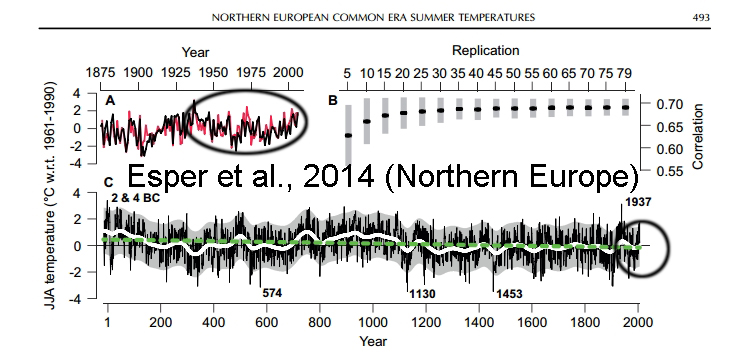monkeymagick
[H]News
- Joined
- Jun 22, 2008
- Messages
- 480
Reuters reports that the competition for electric trucks is heating up. At a New York news conference on Thursday, Daimler announced that delivery company UPS will be the first to receive three of its Fuso eCanter trucks (auto-start video warning), which have a range of 62 miles between charges. Daimler Trucks Asia chief, Mark Llistosella states "the game has started." Electric car auto-giant Tesla will reveal an electric semi-trailer truck on Oct. 26th.
Battery costs that are currently about $180 to $200 a kilowatt-hour could drop to about $100 a kilowatt-hour, Llistosella said. "This is the main lever" to move electric commercial trucks to higher sales volumes, he said.
Battery costs that are currently about $180 to $200 a kilowatt-hour could drop to about $100 a kilowatt-hour, Llistosella said. "This is the main lever" to move electric commercial trucks to higher sales volumes, he said.
![[H]ard|Forum](/styles/hardforum/xenforo/logo_dark.png)
